Borrower Overview
TriLinc has provided financing to an SME Financier, founded in 1995, that has a growing footprint across South Africa, Botswana, Swaziland, and Zambia. SME growth and development is core to economic development in Africa, and the company utilizes its Business Credit services to address the growing demand for small and medium size enterprise (“SME”) funding in Sub-Saharan Africa. The company provides training-tied financing to SMEs across a variety of business sectors that comply with the IFC and European Development Finance Institution exclusion lists. Historically, 93% of SMEs that the company supports had not been able to access formal nor informal credit and 71% of the SME portfolio is owned by Black female vendors. The company’s business model supports its SME clients in securing purchase orders with large corporate businesses, encouraging these larger businesses to incorporate SMEs into their supply chain and supporting local economic and social development. By sourcing from historically disadvantaged suppliers, such as exempted micro enterprises, qualifying small enterprises, and Black owned and Black women owned vendors, these large corporate businesses are able to improve their Broad Based Black Economic Empowerment scorecard, which provides financial incentives for the company and supports sustainable, equitable development. Alongside financing, the company provides governance, cash flow management, and procurement training and support to its SME clients with the aim of making these businesses more attractive to commercial banks for future financing.
TriLinc’s financing will support the expansion of the company’s Business Credit services line, allowing the company to finance more SMEs and increasing the opportunity for local SMEs to participate in formal supply chains.
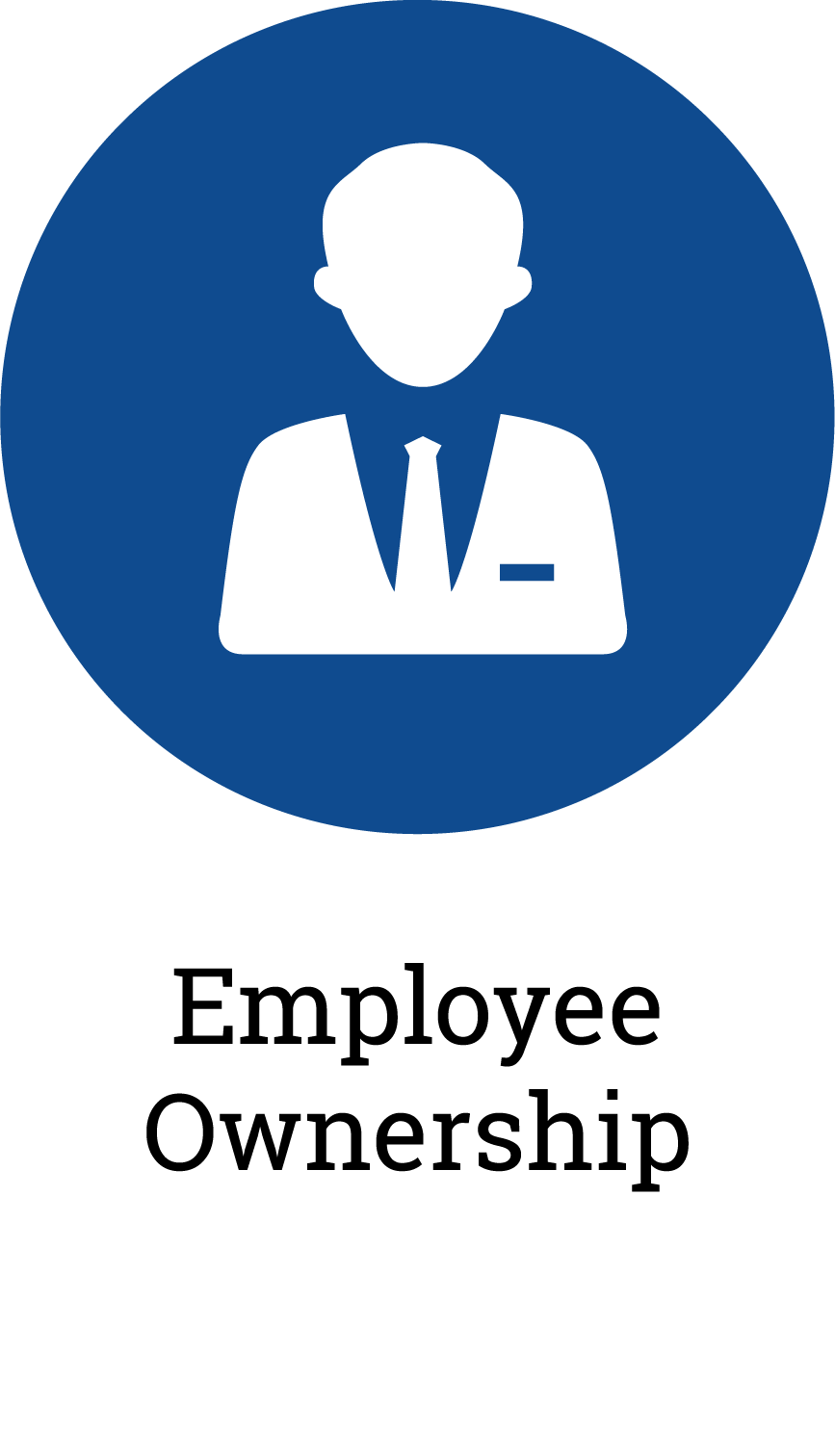 |
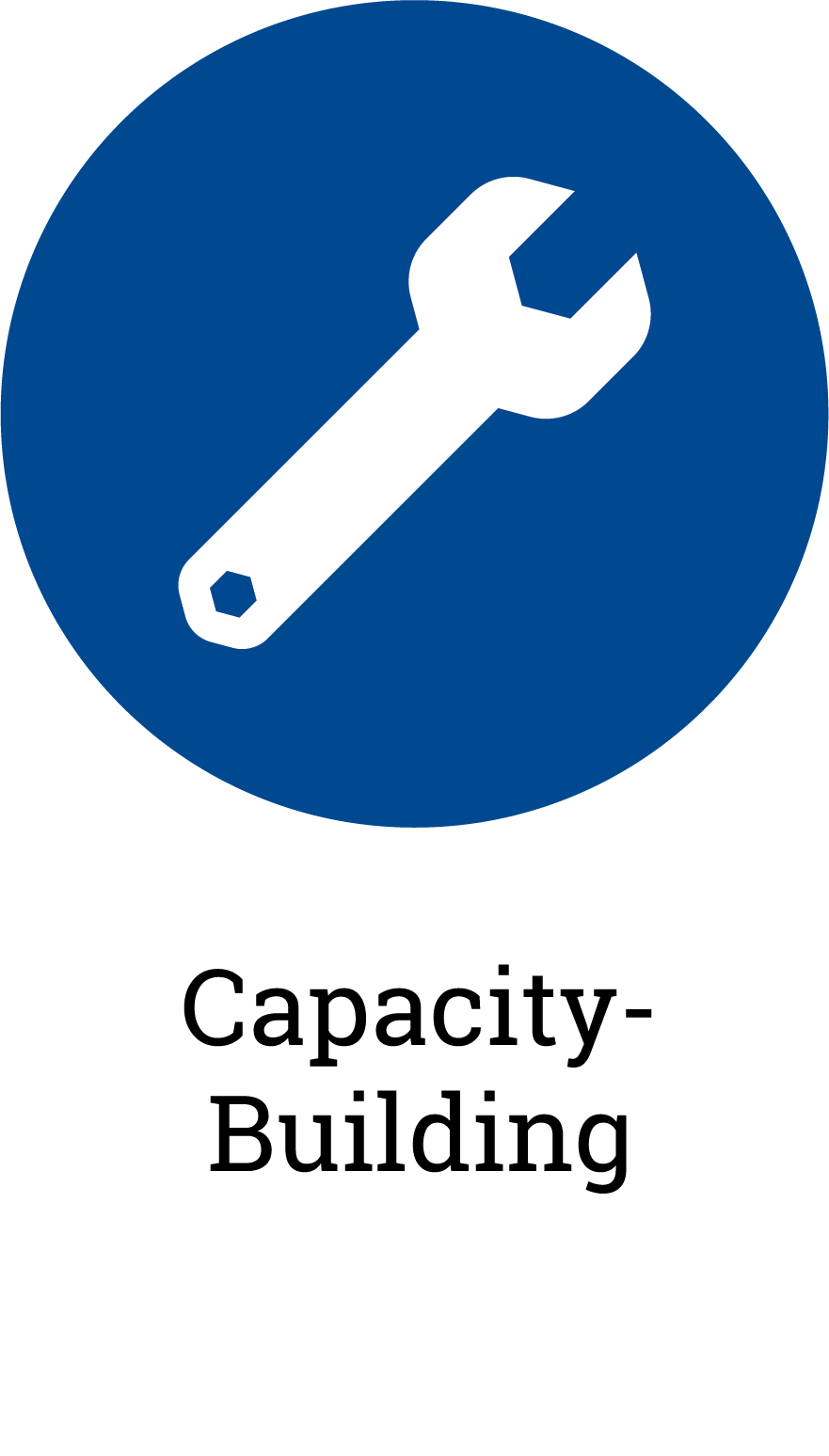 |
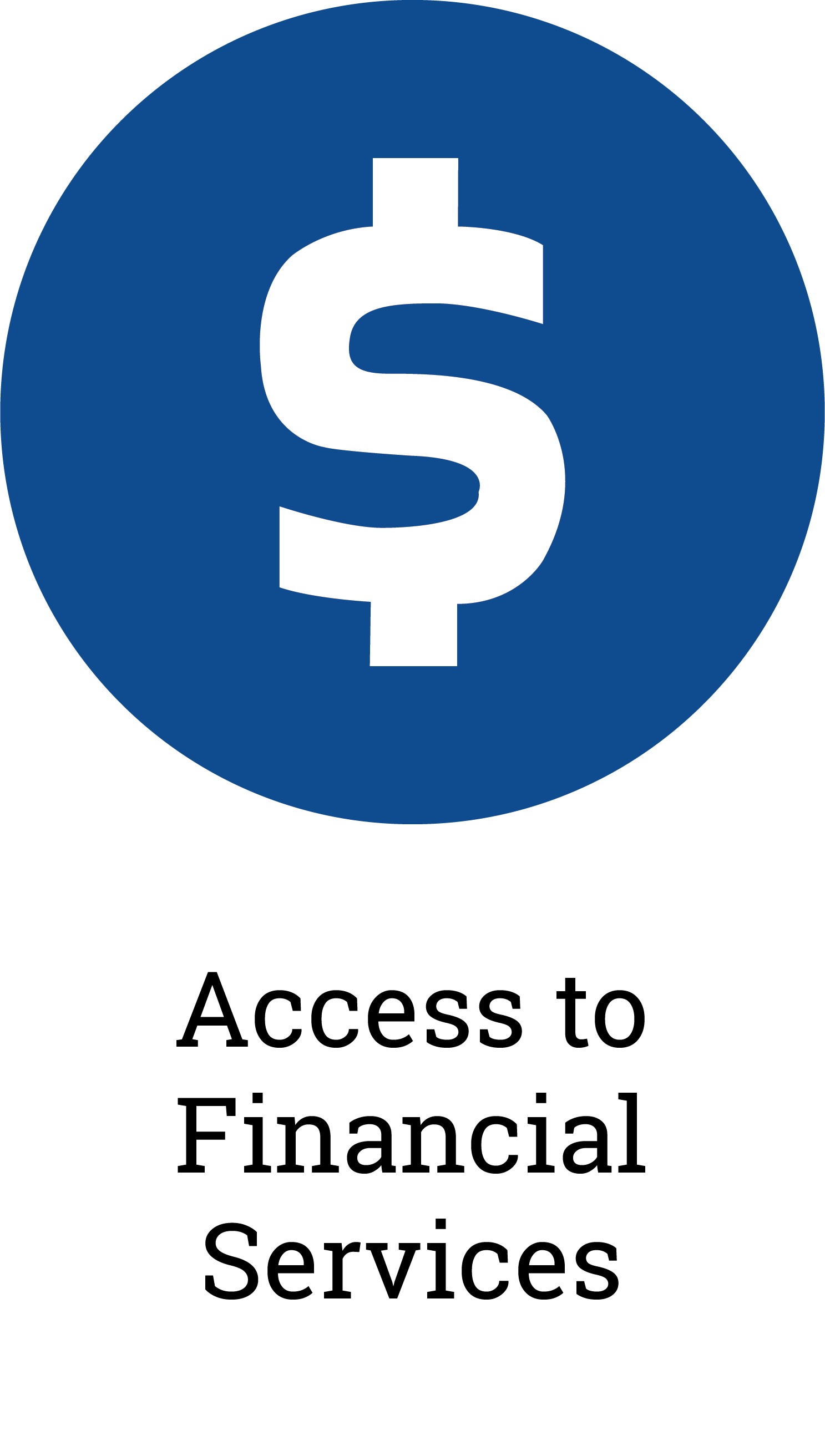 |
 |
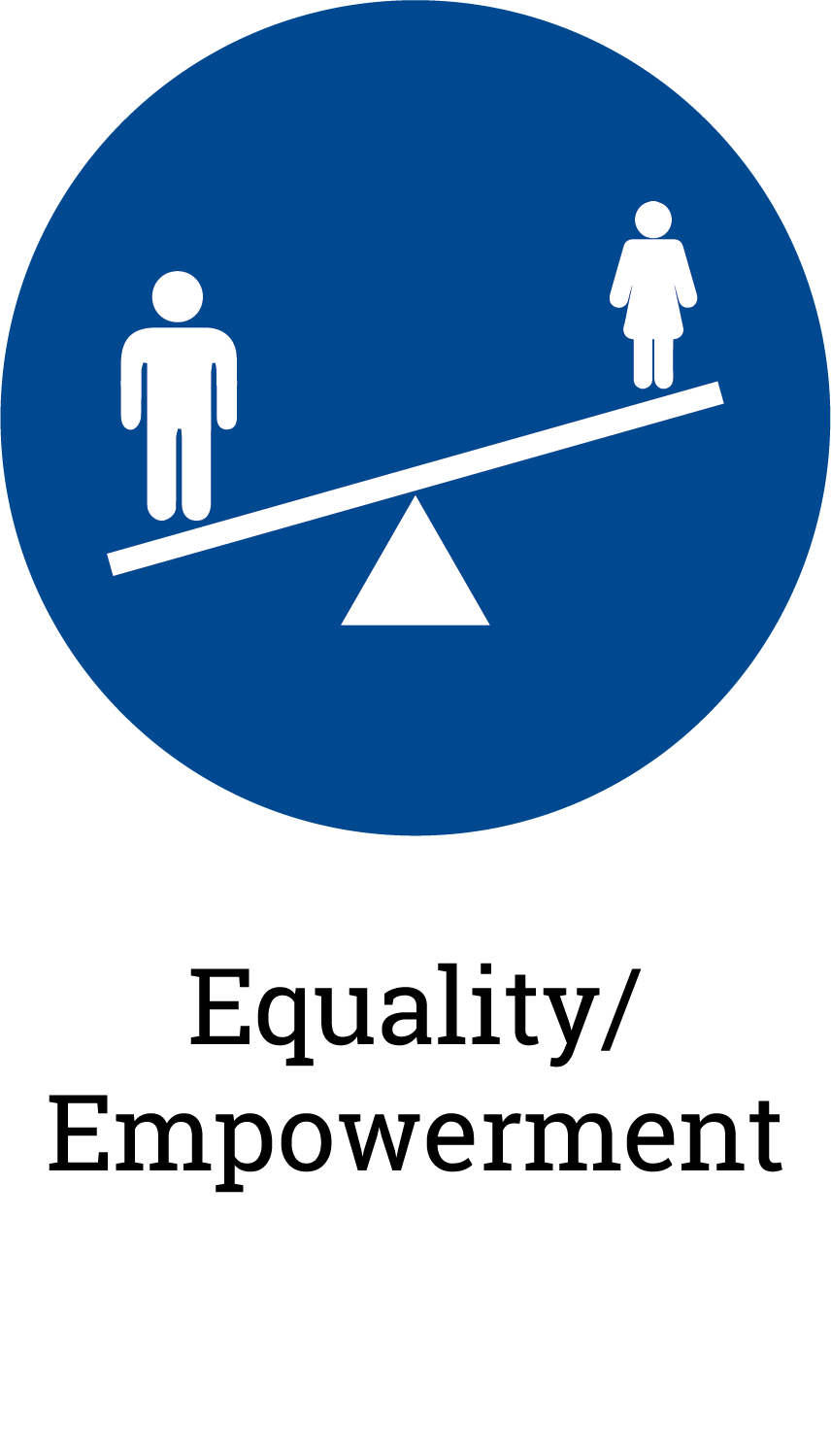 |
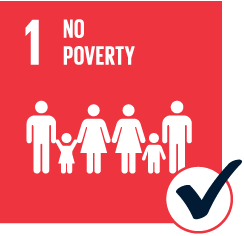 |
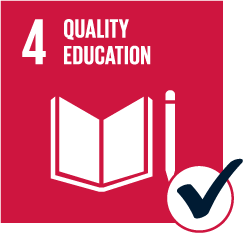 |
 |
 |
Market Overview
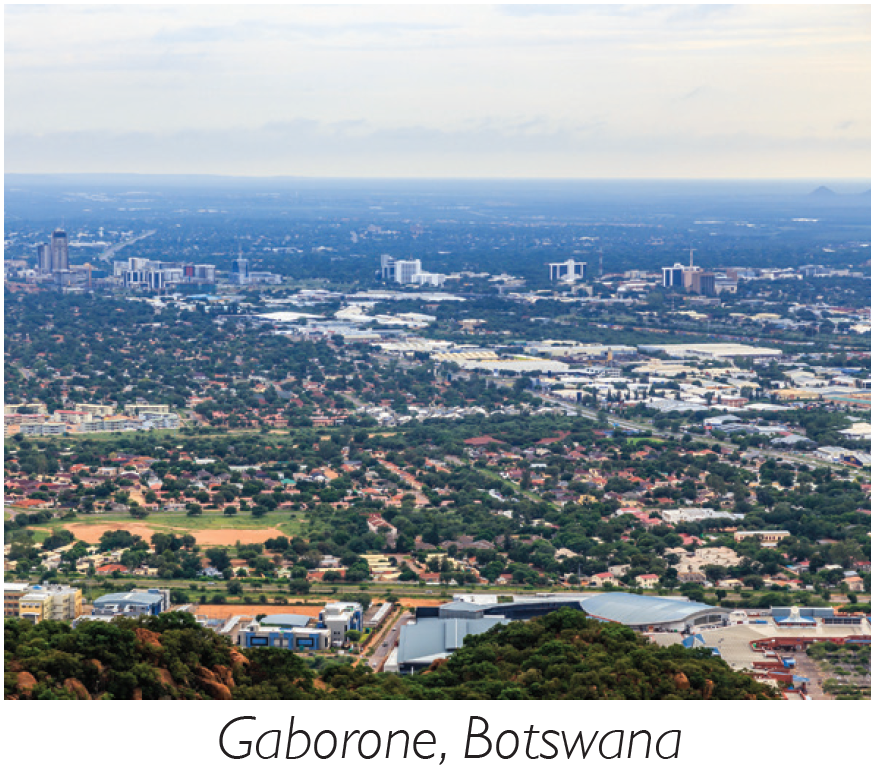
Botswana is classified as an upper-middle income country by the World Bank.1 Since the country’s independence, Botswana has been one of the world’s fastest growing economies, averaging 5% per year over the past decade.2 Botswana’s main exports have traditionally been concentrated in diamonds, copper, nickel, soda ash, beef, and textiles.3 Conversely, the country’s main imports have been focused in foodstuffs, machinery, electrical goods, transport equipment, textiles, fuel and petroleum products, wood and paper products, and metal and metal products.4
Botswana meets TriLinc’s country standards for its performance across relevant growth, stability, and access metrics.5 In 2017, it ranked fourth across the Sub-Saharan African region on the World Bank’s Ease of Doing Business index.6 As the 23rd largest economy in Sub-Saharan Africa with a GDP of $15.58 billion,2 the country benefitted from the roughly $37 billion in net foreign direct investment that was estimated to have flowed into the region in 2016.6 Sub-Saharan Africa had aggregate estimated GDP growth of 1.3% in 2016.6 Looking ahead, overall regional GDP growth is projected to strengthen to 3.6% by 2020.7
Additional Sustainability & Impact Highlights
- The company offers its employees an extensive group life insurance policy that covers employees in the event of a critical illness diagnosis, temporary and permanent disability, and death.
- The company will launch a new stock incentive scheme and pension fund for its employees in 2018.
- A Social and Ethics Committee oversees various policies and procedures that include gender discrimination, sexual harassment, and HIV/AIDS policies.
- Employees are provided with skills development, product training, and compliance training on a regular basis and many employees are required by regulation to stay up to date with the latest legislation.
1The World Bank, World Development Indicators Database, Botswana, 2017. 2The World Bank, The World Bank in Botswana, 2017. 3CIA, The World Factbook, 2017: Botswana. 4There is no assurance that our investment in this company or this market will be successful. 5The World Bank, Doing Business 2018, Reforming to Create Jobs, 2017. 6The World Bank, Data, Sub-Saharan Africa, 2017. 7World Bank, Global Economic Prospects, January 2018.
The above information is as of the initial date of investment: December 15, 2017.
RISK FACTORS
There is no guarantee that TriLinc’s investment strategy will be successful. Investment in a non-listed LLC involves significant risks including but not limited to: ownership is restricted; no secondary market; limitation on liquidity, transfer and redemption of ownership interest; distributions made may not come from income and, if so, will reduce the returns, are not guaranteed and are subject to management discretion. TriLinc selects investments and conducts operations on behalf of its clients, and will face conflicts of interest. Investment with TriLinc is not suitable for all investors. Securities Offered through CommonGood Securities, LLC, a member of FINRA and SIPC.
An investment with TriLinc carries significant fees and charges that will have an impact on investment returns. Information regarding the terms of the investment is available by contacting TriLinc. This is a speculative security and, as such, involves a high degree of risk. Investments are not bank guaranteed, not FDIC insured and may lose value or total value. Some investments may have been made in an investment vehicle that is no longer open for investment. The highlighted investment may or may not have been profitable. There is no guarantee that future investments will be similar.
Want to learn more? Contact Us.
